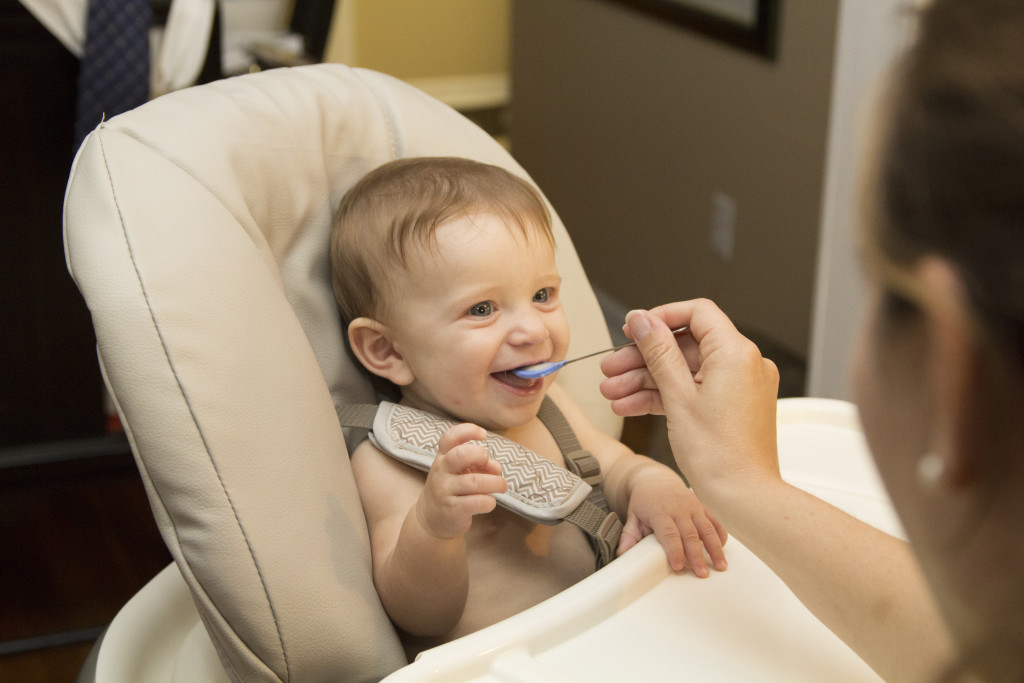Is Sleep as Important as Diet?
I’m sure you can guess what my answer is to this question, since I am, after all, a pediatric sleep consultant. I generally always put a high priority on sleep, and I am, in my modest opinion, extremely passionate about its benefits for babies, toddlers and children. Oh, and parents too! If your children sleep more then so can you. That is unless you decide to stay up and binge some good Netflix shows, I can totally relate.
Do I have evidence to justify my position? Well, I’m glad you asked! It’s not just my passion for sleep or the difference I see in my kids when they are well-rested versus tired, but there is overwhelming evidence of the benefits of sleep for children.
According to the National Sleep Foundation, sleep is essential for children and correlates to their mental and physical development. In fact, during deep sleep a lot of growth and repairing takes place in your little one’s body. Tissue grows and is repaired and hormones for growth and development are released. Now, I’m no doctor, but this sounds like pretty important work to me.
Now don’t get me wrong. I’m a firm believer that feeding our kids a healthy, balanced, varied diet is essential to their well-being. I might even go so far as to say that it’s the single most important factor when it comes to our children’s health.
But sleep is, if not equally as important, a very close contender.
Childhood obesity has become a huge public health issue, and kids who are obese grow into obese adults, and I’m sure I don’t need to tell you about the myriad health issues that come along with obesity. (But just in case you’re not familiar, they include diabetes, heart disease, all kinds of cancer, osteoarthritis, and joint inflammation, just to name a few.)
But what does sleep have to do with obesity? Again, I’m glad you asked.
A 2008 study by the National Institute of Health looked at the average number of daily hours of sleep that children between 6 months and two years old were getting, and then compared those results with their occurrences of obesity. The children who got an average of less than 12 hours of sleep a day were over twice as likely to be obese than those who slept for 12 or more. A much larger study done in the UK showed similar results.
With all the health issues, as well as the general quality of life concerns that come along with obesity, I feel that sleep should be more of a concern for parents.
However, every day I hear people advising new parents with what I’m sure is meant to be reassuring advice, but I must admit, given the evidence, is not very helpful or true.
“Babies sleep when they want to sleep. Don’t force it.”
“Not sleeping is totally normal for a baby. It’s just a stage.”
“It’ll get better once you start on solids.”
“It’s probably just teething. They’ll outgrow it, don’t worry.”
Can you imagine this same kind of talk if it was concerning baby’s diet?
“Babies know what’s healthy to eat. Just follow their lead.”
“Eating chocolate is totally normal for babies.”
“Kids will eat when they’re ready. You shouldn’t schedule mealtimes.”
If you heard someone saying things like that about eating habits you would probably have a funny look on your face. You know the one, you try to hide your judgment and realize it’s all over your face. Oops. And you certainly wouldn’t listen to their advice about your child’s eating or diet.
As parents, we all want our kids to live healthy, active lives, and we want to give them every advantage to ensure they get a good start. Making sure they get enough sleep, and teaching them solid sleep skills, will go a long way to promoting their overall health down the road.

